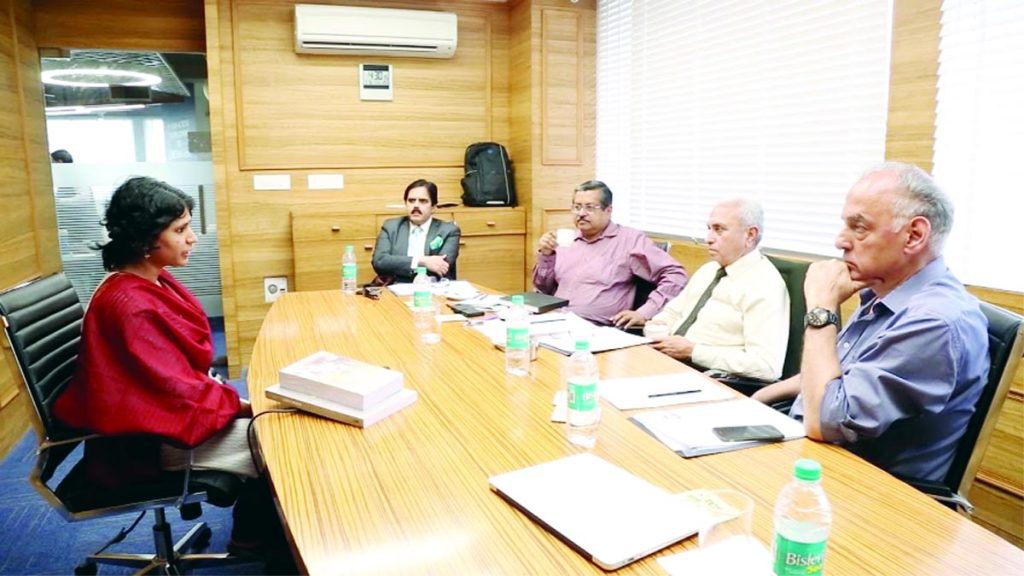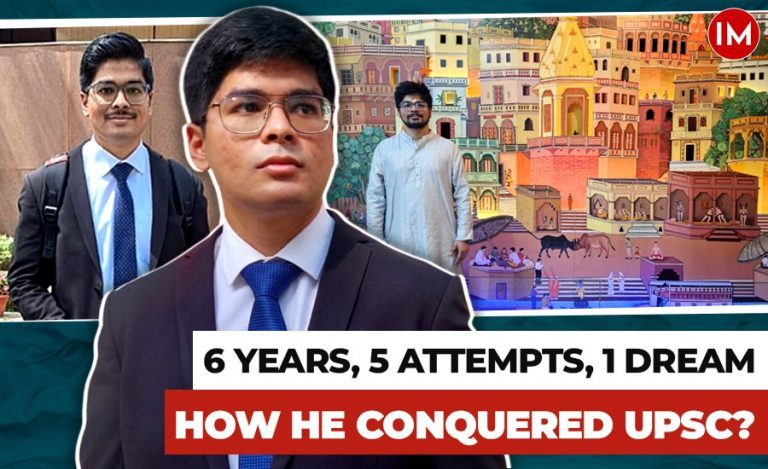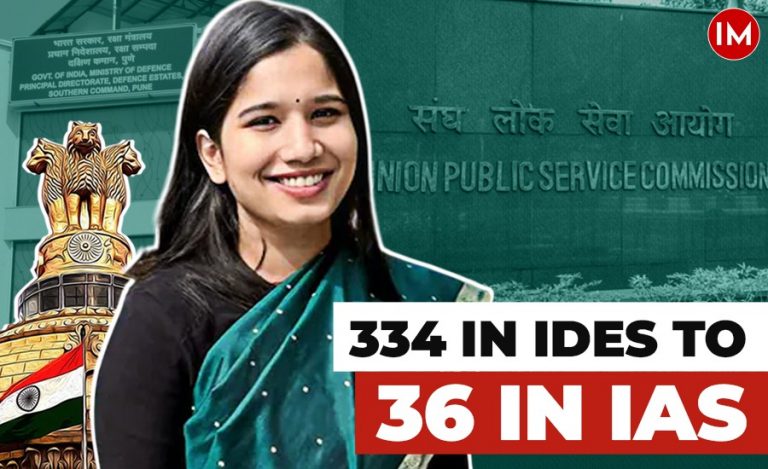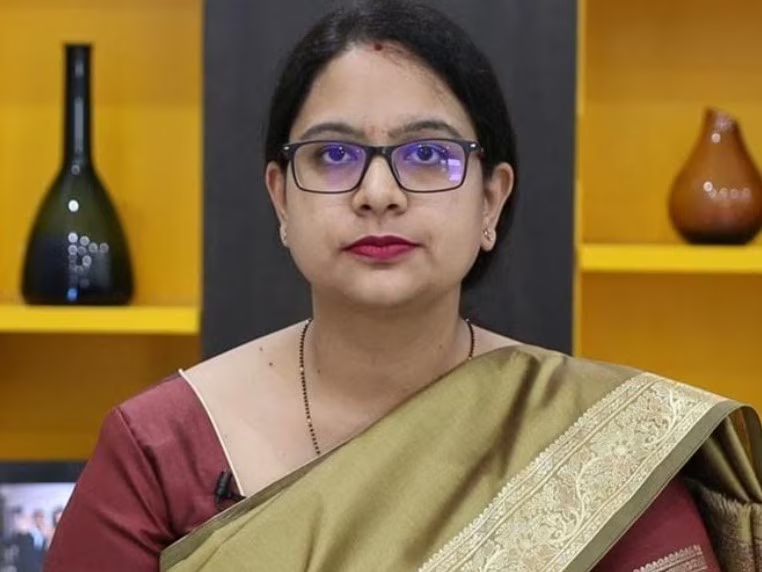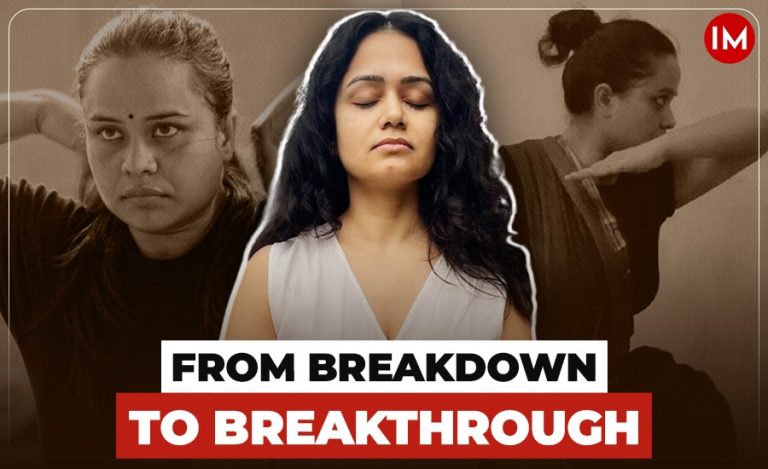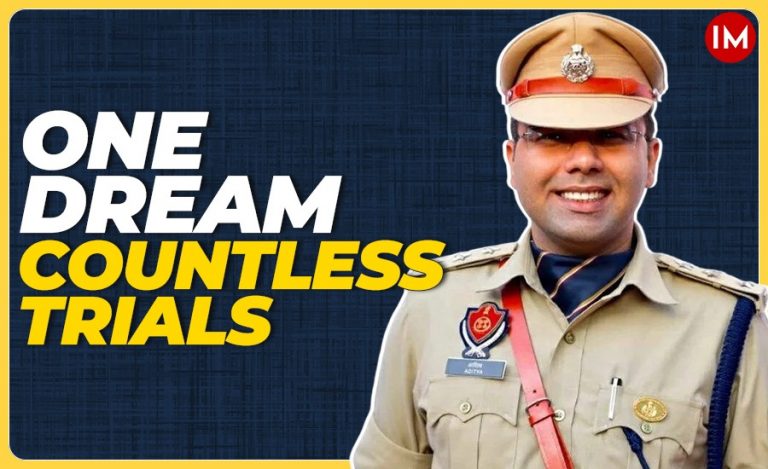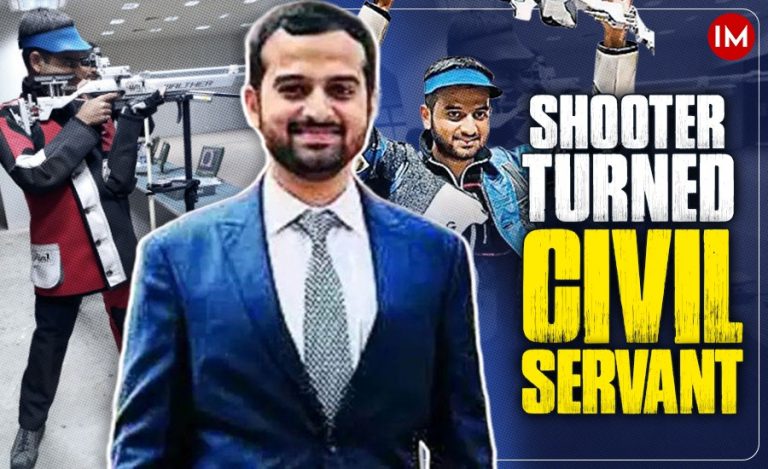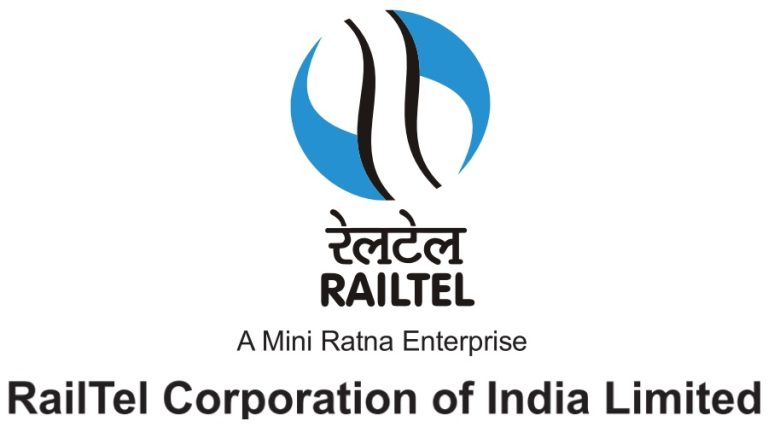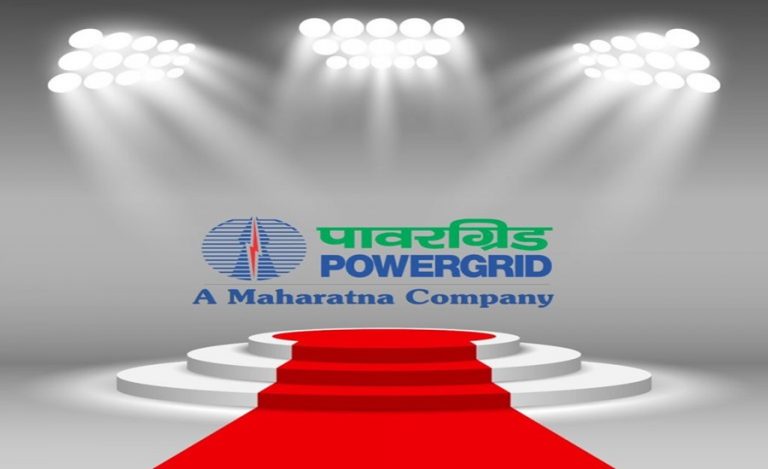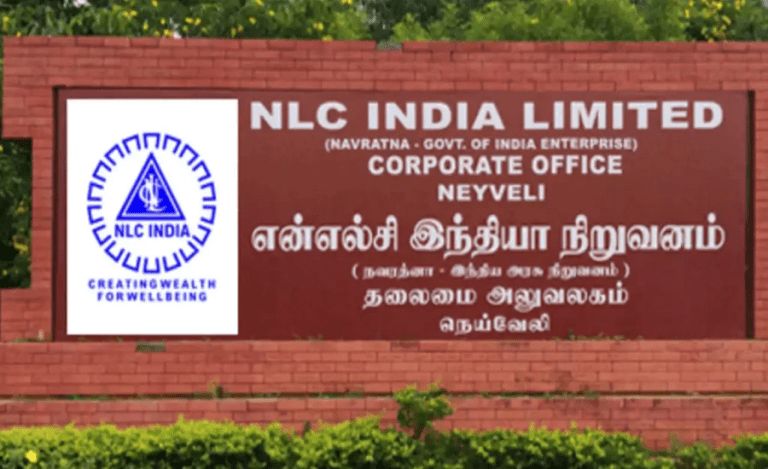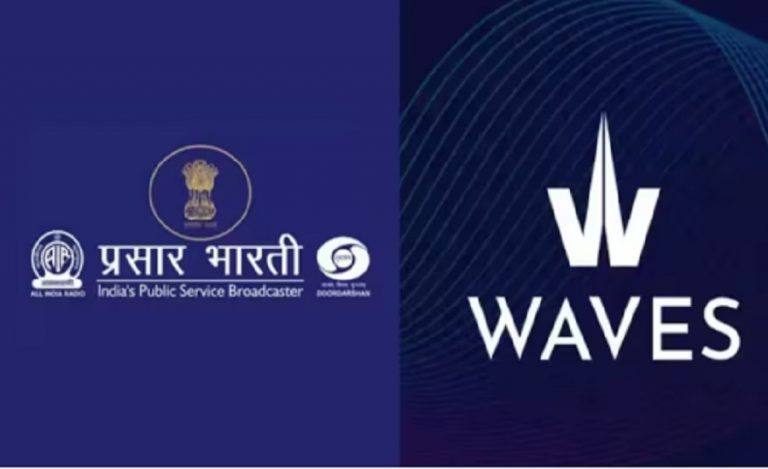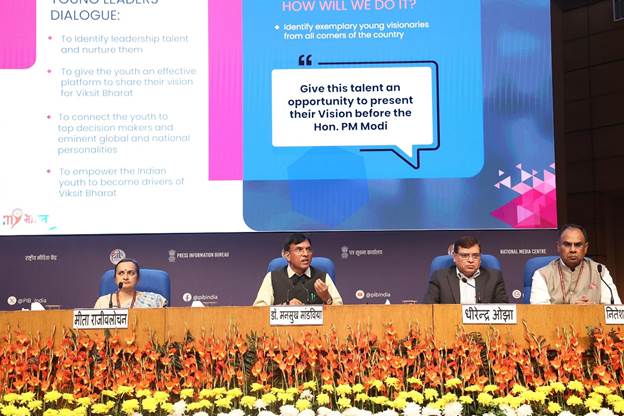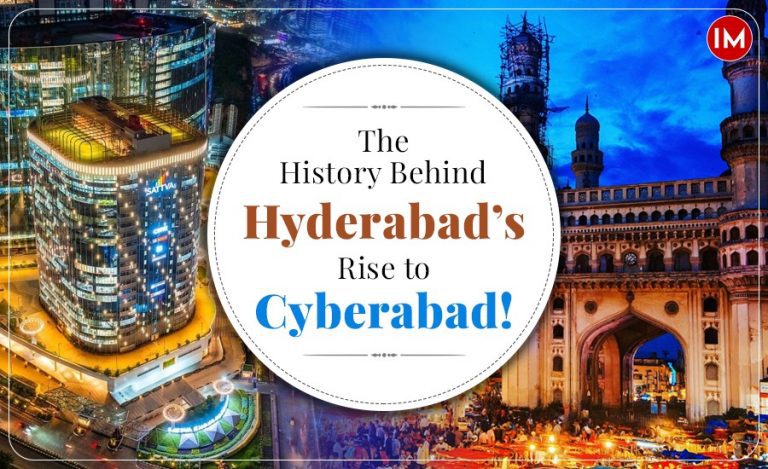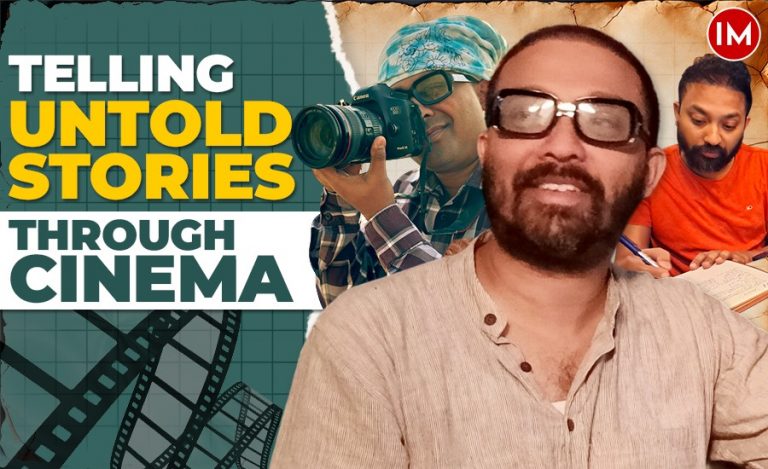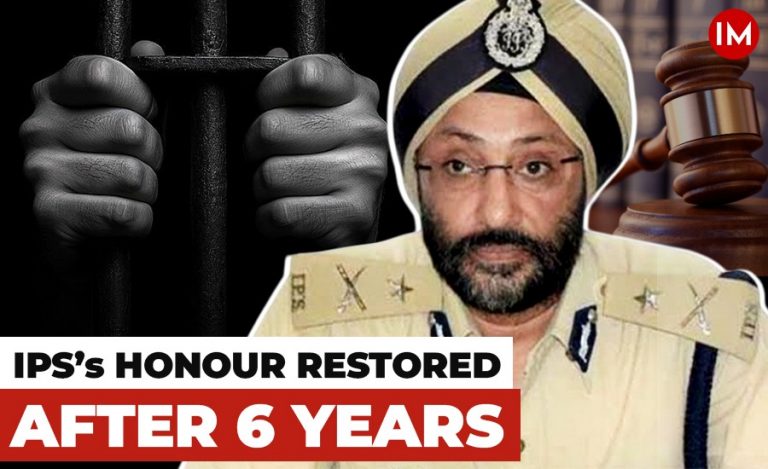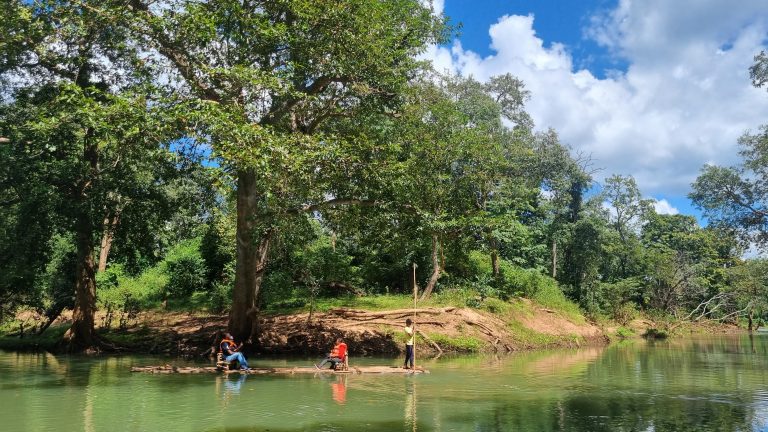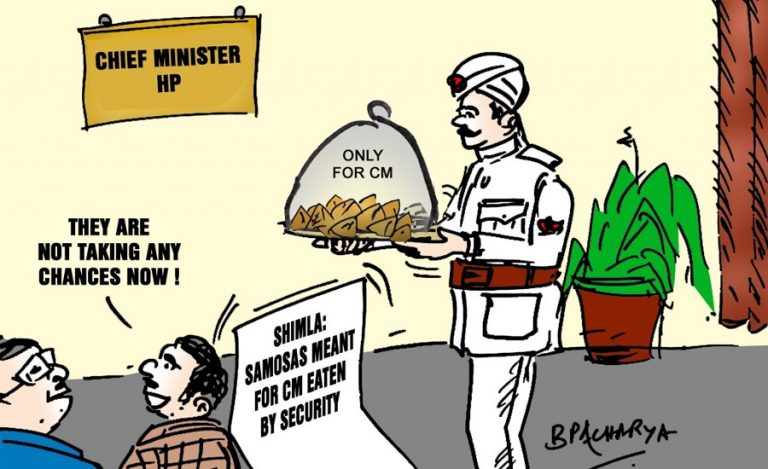Tomorrow is a big day for hundreds of UPSC CSE candidates, as after passing Prelims and Mains, they are going to appear in the last phase of the exam – the interview round. This is a ‘make or break’ phase for them as it stands as the last hurdle before they can reach their UPSC goal and make their way into the final list of successful candidates.
The Interview round is a personality test that helps the UPSC board members to decide if the interviewee is ready to face the upcoming challenges in the service. It is two-way communication between the candidate and the members. With confidence, good communication skills, and relevant preparation, one can pass this round smoothly.
To encourage the candidates and provide them with a few tips and tricks that will help them to overcome their fear and bring their best foot forward during the interview session, Indian Masterminds spoke with top civil servants of the country, whose words might encourage, motivate, and help the candidates in tackling the crucial round.
DO’S AND DON’TS: MAHESH BHAGWAT, IPS
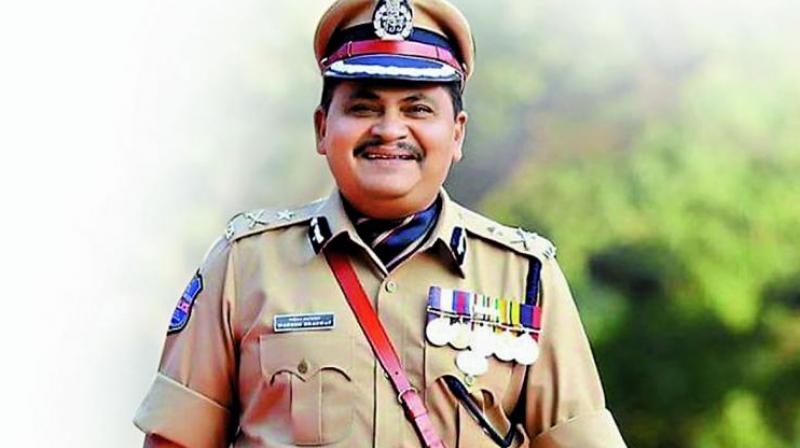
The Police Commissioner of Telangana’s Rachakonda region, Mr. Mahesh Bhagwat, is known to guide hundreds of students in their UPSC CSE journey. In conversation with us, he shared some useful Do’s and Don’ts for the candidates:
- Sleep well before the personality test date.
- Reach in time at the UPSC Building, Dholpur House, Shahjahan Road, New Delhi, wearing a mask in which you can comfortably breathe and also carry a personal sanitizer bottle. It’s advisable to go a day before and check travel time and conveyance.
- On the day of the personality test, read headlines and editorials of newspapers like Hindu, Indian Express, and Hindustan Times.
- Don’t carry the baggage of mock interviews and feedback while entering the UPSC building. The UPSC panel is generally much more benevolent and is much more experienced to judge your personality.
- Report on time. First, you will be in the adjacent building’s waiting hall. Keenly observe the UPSC building (for civil engineering graduate), trees on campus (geography, agriculture science, botany, forest background candidates), functioning of central air conditioning in the UPSC building (Mechanical engineering graduate). FAQs Are there in UPSC Personality Test on that.
- Eat properly before entering the UPSC building. Don’t go on an empty stomach.
- Be confident and believe in yourself. Honesty, presence of mind, coherent thought process, ability to take a stand in a difficult situation, leadership qualities, concern for weaker section of society, strong belief in the Constitution and legal system, positive attitude, an attitude of gratitude, humility, articulation, subject knowledge, presentation skills, gender sensitivity are some traits of personality tested in the interview.
- Greet the Chairman first, then the lady members, and finally the other panelists. If the chairman asks you to remove your face shield or mask, then only remove it. Listen carefully to every word of the question and respond to it by taking a pause with first thing first in answer. Avoid selective listening. In case you are not getting the question, then request the panel to repeat the question. Maintain eye contact with the members or the Chairman while answering their questions. In case of difficulty in answering, simply depose that you are not able to recall at this moment.
- While answering opinion-based questions, please think about short-term, long-term type solutions. Stick to the Constitution of India and no extrajudicial, unethical, or illegal means should be reflected in the answer. A balanced approach is expected. Thank the members when they help you in framing your answer.
- Take permission to sit on the chair and thank everyone before leaving once your interview is over.
- To questions such as ‘Is there anything you want to ask the panel?’, first of all, thank the panel for giving you an opportunity. Next, you may ask the panel the correct answers to the difficult questions that were asked. You may also attract their attention to that area of DAF where your strength lies but no questions were asked.
- To situation-based questions like ‘Imagine that you are a District Collector and have a particular problem in the district. How will you use your optional, graduation, or hobbies-related knowledge?’, it’s better to take a pause, frame your answer, and then reply with originality in your answer rather than a toted one.
- Once the interview is over, prepare your transcript at the earliest. Also, write verbatim for your reference so that in case something goes wrong after the results, then you can cross-check it.
“Wish you all the best,” concluded the officer.
AVOID CLICHÉ ANSWERS: SWAPNIL TEMBE, IAS
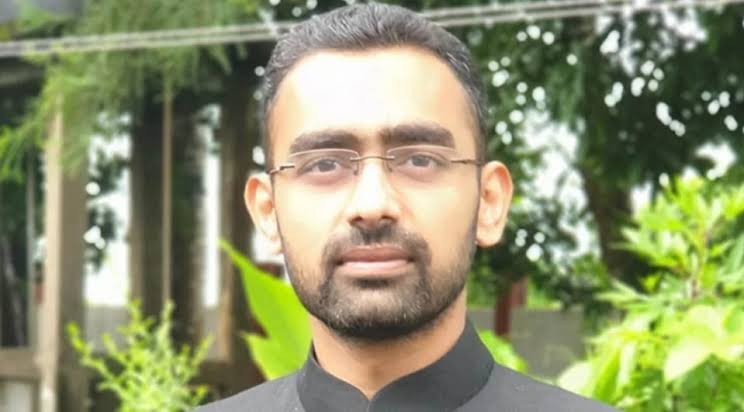
The Deputy Commissioner of the beautiful East Garo Hills of Meghalaya, IAS officer Swapnil Tembe, has an entire YouTube playlist that offers guidance to candidates appearing for UPSC CS Examinations.
For this year’s aspirants who are appearing for interview from tomorrow, the officer says, “Interview should be considered as just a conversation between two parties. Think of it as talking to five other people in a room, based on the resume that you have provided them. Don’t get nervous and try to enjoy the conversation as much as you can. Secondly, research properly about whatever you have mentioned in your CV, because they will ask questions related to the fields that you have specified, and you should know about them thoroughly. Practice situation-related questions, as well. It’s good to have an overall knowledge about whatever is happening in the world. Try not to give cliched answers and work on your basics.”
The following video by Mr. Tembe will help the candidates to prepare for their Interview: https://www.youtube.com/watch?v=6PXoyD1Z43U
STAY CALM AND COMPOSED: SAURABH KUMAR, IFS
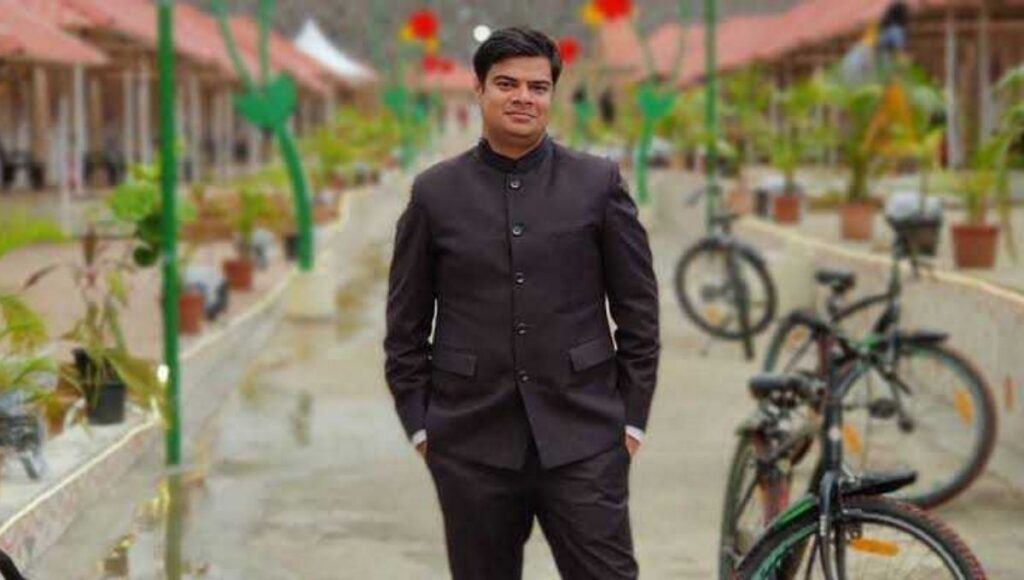
IFS officer Saurabh Kumar, Assistant Conservator of Forests, Dharwad subdivision, Karnataka Forest Department, has helped numerous aspirants through his book, Prelims Simplified, which offers a thematic approach for UPSC preparation.
Motivating the candidates for their interview this year, the officer said, “I only had one attempt to give the interview, given my age, and if I would not have cleared it, I would have been forced to go to my previous job and quit the goal of Civil Services altogether. This had put me under immense pressure to do well. They asked me several questions to which I had no answer. The interview wasn’t going very smooth but my only saving grace was that I remained calm and composed even under such pressure. The members could see that my temperament wasn’t impacted, and I maintained my composure. In the service, there will be times when things might not go according to your plan and there is ruckus all around. During such a time, it is essential to maintain one’s cool and think of possible ways to bring out a solution. Therefore, a calm and composed personality will help in impressing the members and will fetch you a good score.”
DON’T ASK ‘MAY I COME IN’: ANDRA VAMSI, IAS
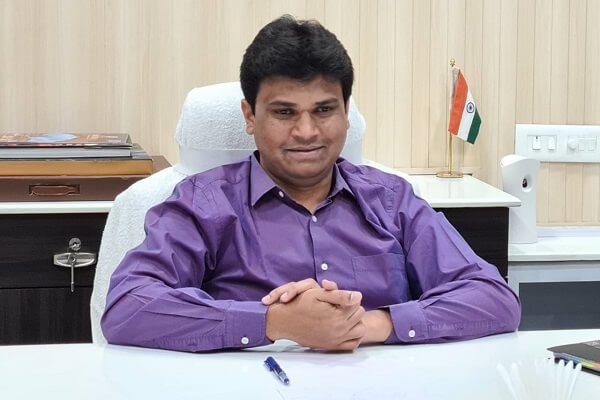
IAS officer Andra Vamsi, Managing Director of Skill Development Mission, Lucknow, Uttar Pradesh, emphasised the importance of being true to yourself and your personality in front of the board members. He asks the candidates to refrain from acting pompous or flamboyant and be grounded.
He further says: “No interview is supposed to be 100% perfect. Think of it as a conversation and not a debate. Think about your answers and then utter them so that you are sure of what you’re speaking. Have a good overall knowledge regarding current and past affairs, socio-economic, political, technological, legal, cultural, educational records, and any other contemporary events that have been taking place in the world. Don’t let language become a barrier and give clear answers. Have a glance over the recent developments in your optional subjects. Dress properly with no use of extra polish, perfumes, or makeup. Get yourself medically diagnosed before the interview so that you are able to treat yourself before the physical examination. An important tip is – don’t ask the panelists ‘May I come in?’ The door is already kept open for you to enter.”
ALWAYS PICK A MENTOR: HEERA LAL, IAS
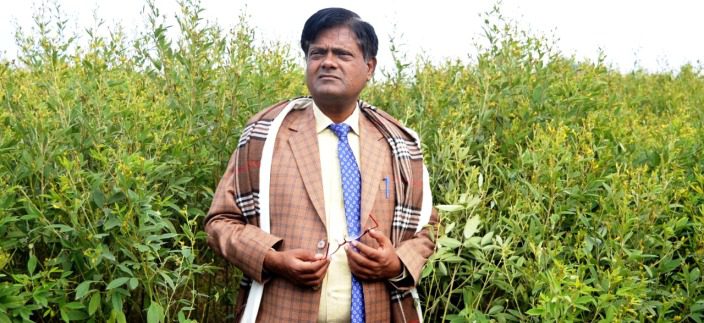
Choosing to take a general view on the topic, IAS officer Heera Lal, who is currently posted as the Additional Mission Director, National Health Mission, Uttar Pradesh, says that while preparing for the interview round, candidates should pick a mentor who has already cracked the examination and is a civil servant now. “Such people are the ones who can give the candidate an accurate knowledge, regarding their appearance for the interview, their presentation of content, and how to answer questions they don’t know the answer to.”
The officer’s book, Dynamic DM, offers numerous political solutions to social problems, which might be helpful for candidates, as well as aspirants, in the future.
Indian Masterminds wishes all candidates all the very best for their interview!

